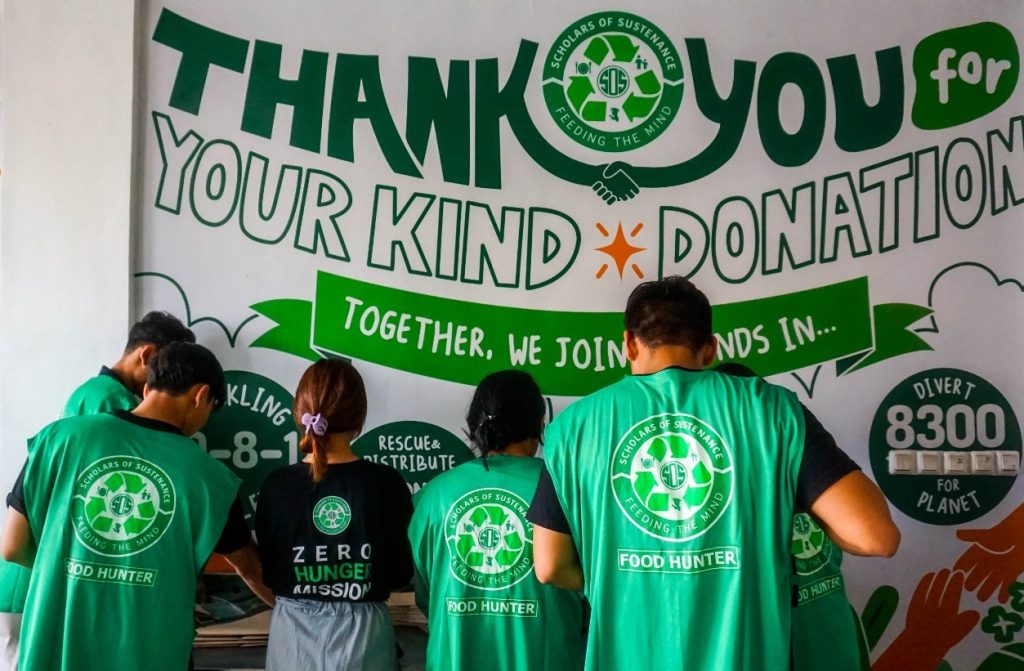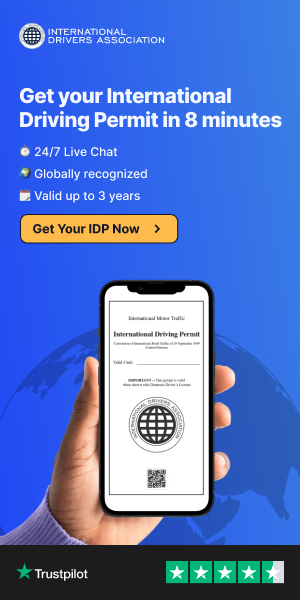We are honored to have the opportunity to interview Bo Holmgreen, the founder and CEO of the non-profit organisation Scholars of Sustenance (SOS). Since 2016, this remarkable charity has rescued and provided over 29 million meals to communities in need in Thailand and Indonesia.
Thank you Bo for sharing the inspiring story of SOS Indonesia with the Our Year in Bali community. As expats and visitors in this beautiful island, it is crucial that we familiarize ourselves with local issues and find ways to support the local community.
We kindly request your support for Our Year in Bali’s campaign to combat food insecurity. Even a small contribution of $5 (USD) can feed 25 people, considering the cost per meal is Rp 3,500. Our goal is to raise funds for approximately 6,500 meals.
If you find yourself in Bali, you can drop off food donations to the SOS office in Sanur (Jl. Danau Tamblingan No. 53, Sanur, Denpasar). We encourage you to also reach out to Tara via email (tara.senja@scholarsofsustenance.org), who can help facilitate your involvement in the Rescue Kitchen Program. Together, we can make a meaningful impact on the lives of those in need.
Bo, can you tell us a little bit about yourself and how did Scholars of Sustenance Global come about?
I’m an engineer from Denmark and owned a software company, where we optimised cash for banks over two decades. When time to sell the company and give back, optimising food for poor people was my choice for our charity.
What exactly is SOS Global and how has it evolved over time?
SOS is first an environmental organisation rescuing perfectly good surplus foods away from the landfill. By rescuing food from retailers, hotels and manufacturers, SOS is the expert in food safety and same day distribution to those in need. So, it’s basically FREE FOOD we get that otherwise would have gone to the landfill to emit methane gasses. As a wonderful side effect, we have been able to serve almost 30 million nutritious meals across our three countries: Indonesia, Philippines and Thailand.

Tourism-related businesses makes up 80% of Bali’s economy. What flow on affect does that have with food waste?
Huge impact. All over the world 1/3rd of food is lost, but here in Asia it’s not individual families as much as it is commercial entities. Running 5-star hotels require fabulous service and the food waste is unavoidable. We stand ready to harvest these foods from all the Bali hotels and get it to those in need.
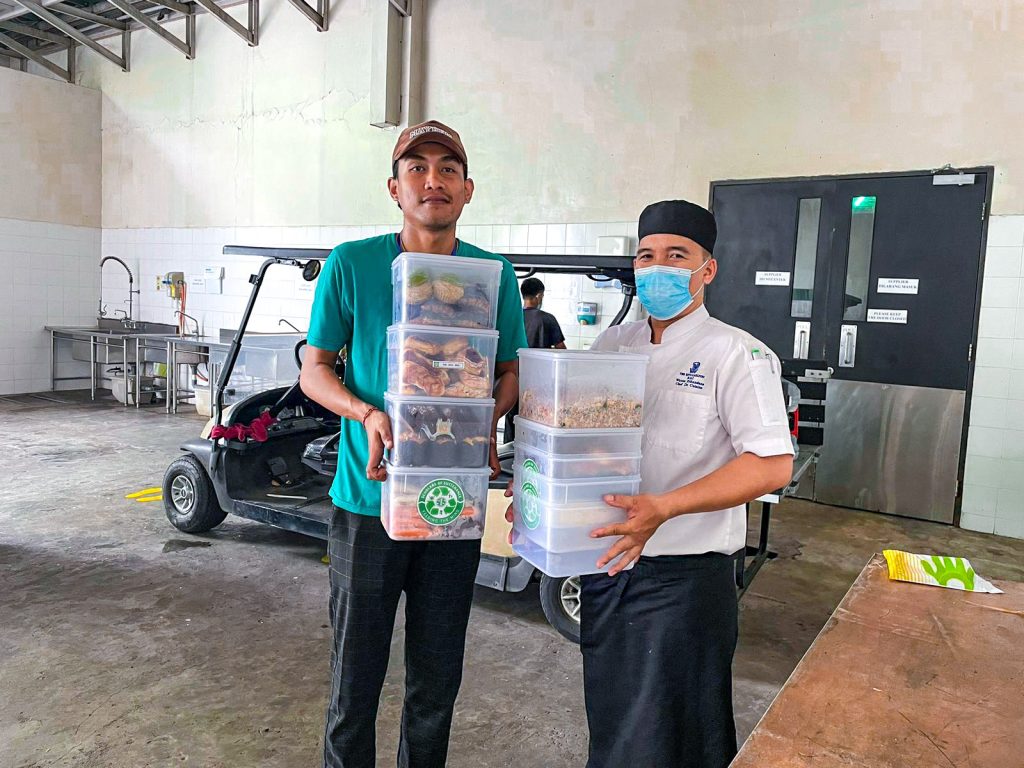
What are some of the biggest challenges you have faced in running SOS, and how have you overcome them?
COVID hit hard – where other SOS offices get foods from many sources, Bali and Phuket lost ALL the surplus foods overnight when hotels stopped. We then established 4 kitchens across Bali, we got international fund raising going and purchased huge volumes of food to be cooked and driven by cooling truck to the mountain villages and Denpasar slum – with great partnerships with many Banjars ensuring the precious food went to those most in need. We served 3.5 million meals in Bali during COVID, and we are seeing tourism return to pre-COVID levels so we again can rescue surplus foods in volume. SOS maintains one kitchen with cooking every day to extend the lifetime of ingredients and ensure the high level of nutrition we seek.
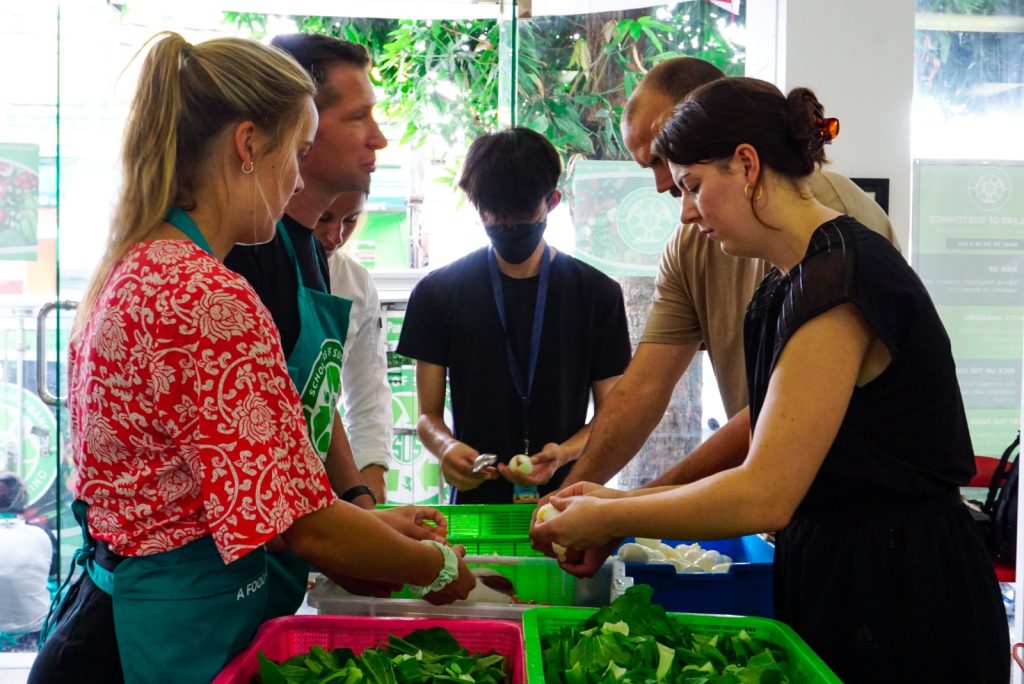
Can you describe the impact your organisation has had on the community since its inception?
Certainly, getting nutrition to those losing jobs was instrumental in the beginning of the pandemic. Avoiding the foods going to landfill is a direct greenhouse impact, but also the focus on food rescue is improving – donors like hotels are much more aware of how to donate the food, since they cannot afford to recycle it themselves. Overall, we see an improvement in both life and happiness, as we do this for the LAND, the PEOPLE and also the SPIRIT!
How do you engage with local businesses, volunteers, and donors to support your mission?
We have Food Hunters contacting anyone in the food industry with surplus potential – manufacturers, supermarkets, suppliers, hotels, restaurants and anyone who sadly has no choice but to throw away good food. Our drivers are called FRAs = Food Rescue Ambassadors as they are our daily faces to all the donors at loading docks and in kitchen pickups – they are all wonderful people dedicated to our cause of getting these foods fast and safe to the recipients.
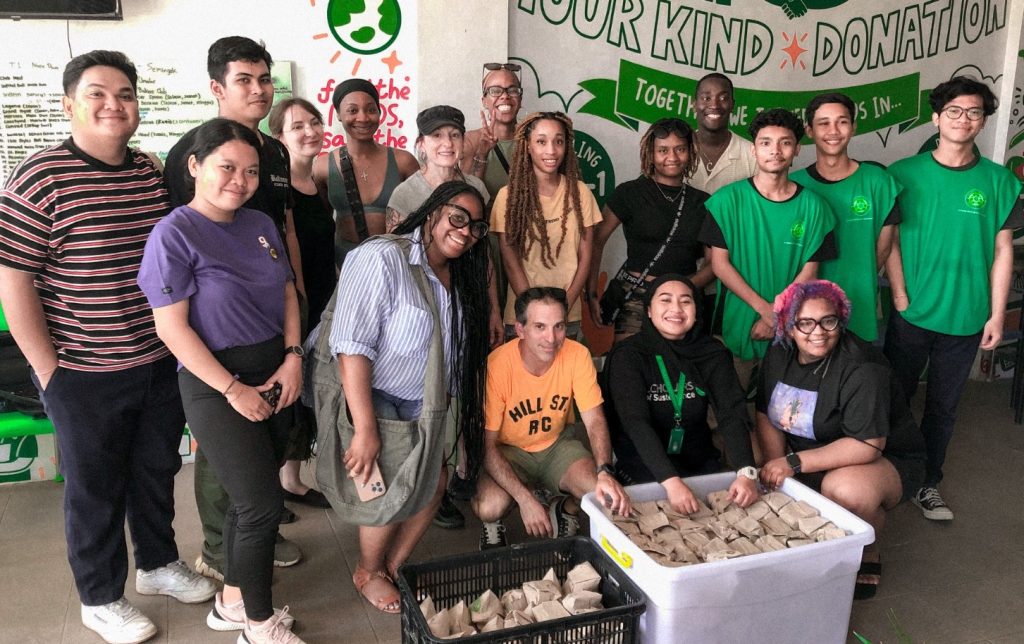
Can you share any success stories or memorable experiences of individuals or families who have benefited from your food bank charity?
So many comes to mind, but when I jumped on the truck one day to an orphanage in Klungkung, I was surprised when all the kids came running to the cooling truck, they knew how to open the complicated door lock. The FRA asked me to stand back, and I was amazed – the kids got all the boxes of cold food, couldn’t wait to hear it, just poured it onto a big table and started digging into it – THEY WERE HUNGRY.
Also, one day we had a cooking event with hotel chefs in a village, recooking rescued food into six types of dishes – I was at the Rendang station with a security guard from the hotel, handing out food to hundreds of children – and the guard with his big muscles, ponytail and tattoos looked hard, but he had tears running down his cheeks.
Our guests sometimes have never seen this side of Bali and it touches us all to witness how many of us lives.
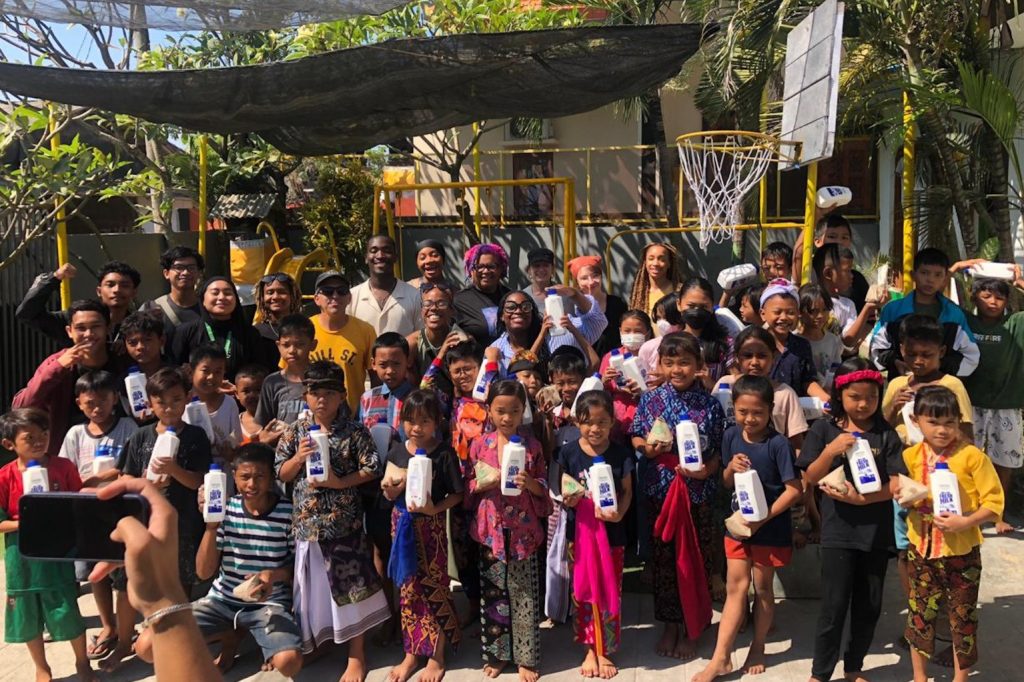
What are the future plans or initiatives do you have for SOS?
Oh gosh, so many – we are working on a cloud food bank in Thailand with the prime minister, we have just opened our new operations in Jakarta, we have plans for much more food rescue – but of course we need local community help, donations of money to cover costs and food to move through the system.
How can people get involved both locally and from afar?
Mainly by donating money to keep the staff running. We are lucky to have had seed money from a foundation, but we need MUCH more to operate and expand as we desire – more money gets more food volumes which cuts our per meal cost to nothing, really. Currently we operate at our cost per meal of IDR 1,100 across all countries and with volume that can come down even further. Bali is a little behind other locations, so we strongly encourage all hotel staff to step it up, give us more food.
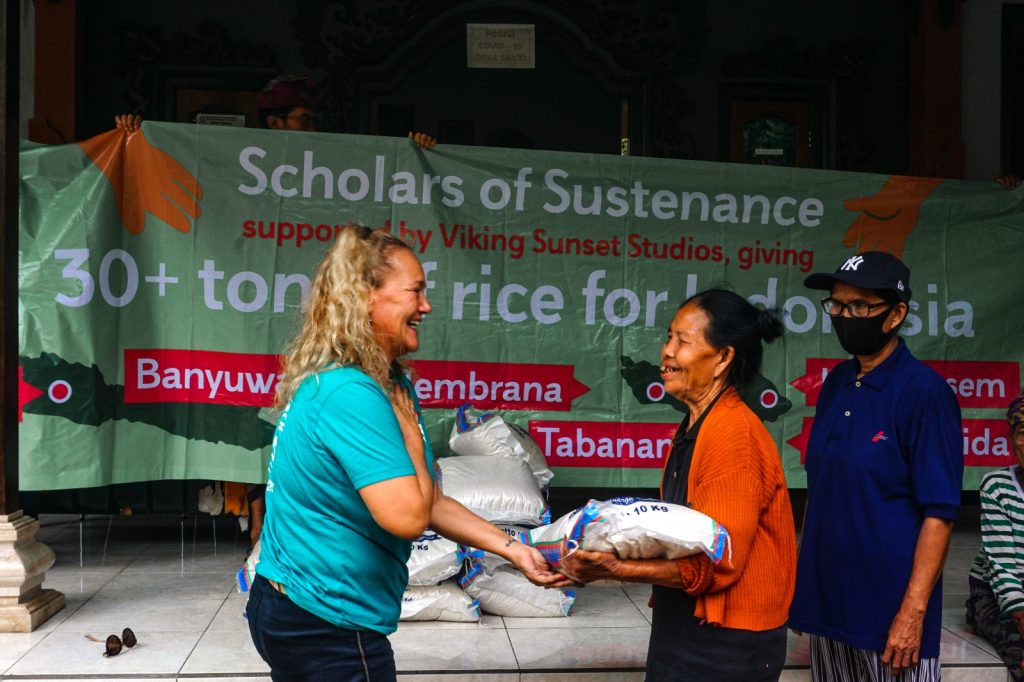
Is there anything else you would like to share that we haven’t covered yet?
Just that we are incredibly privileged to do this work as our jobs. Personally, I get no salary, but the rewards are amazing. The rest of our teams are all on payroll and we run this tightly as a non-profit business, with budgets and promises to partners kept. We are a trustworthy NGO and only this way can we achieve such stunning results in 7 years. Hard work, dedicated staff, and a passion for the environment and the people we feed, a simple strong sense of STOP WASTING OUR SOCIETY RESOURCES.

